During the Covid-19 pandemic, general inflation rose globally, and price rises in essentials such as groceries hit family budgets hard.
Now, internal emails from a supermarket executive reveal that chains intended to “pass through [their] inflation to consumers,” opportunistically raising prices beyond general inflation, and this challenges the idea that higher prices were necessary.
Supply Chain Issues

Supply chain issues were a hot-button topic during the global pandemic, often cited as the reason for the rise in prices of everyday goods that consumers saw.
A March Federal Trade Commission (FTC) report showed that supply chain issues had impacts on both consumers and competition between grocery firms, disproportionately negatively affecting chains with smaller market coverage.
Acquisition Hearing
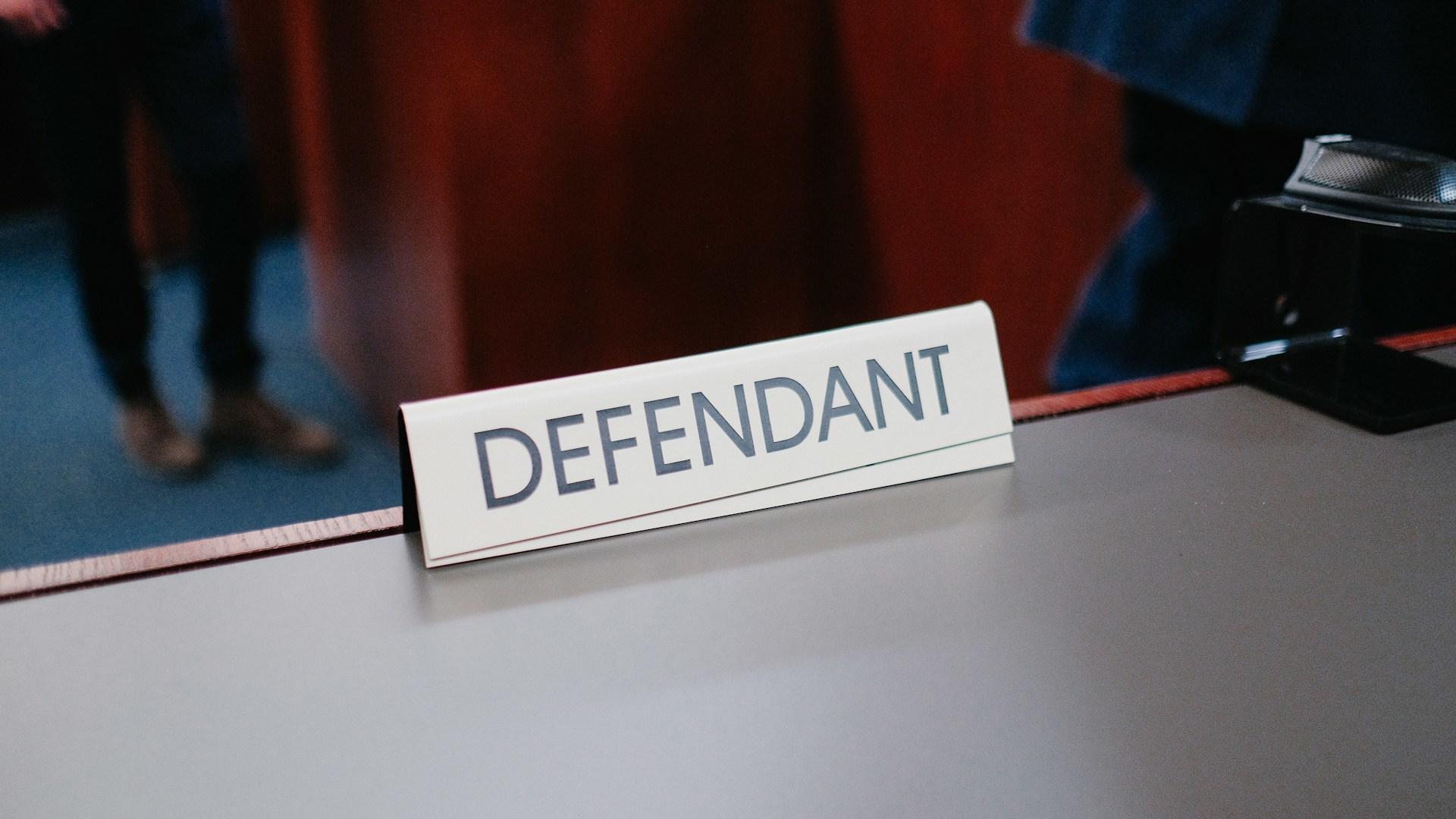
The comments referring to price gouging came from Andy Groff, Kroger’s Senior Director for Pricing, during an FTC antitrust trial hearing.
The hearing is regarding the supermarket chain’s recent announcement that they were acquiring their competitor, Albertsons.
Milk and Eggs

In an internal email, Groff suggested that the company was raising the prices of milk and eggs above inflationary rates.
He wrote, in the correspondence that surfaced during the trial, that Kroger’s strategy was to “pass through our inflation to consumers.”
Consumer Perception
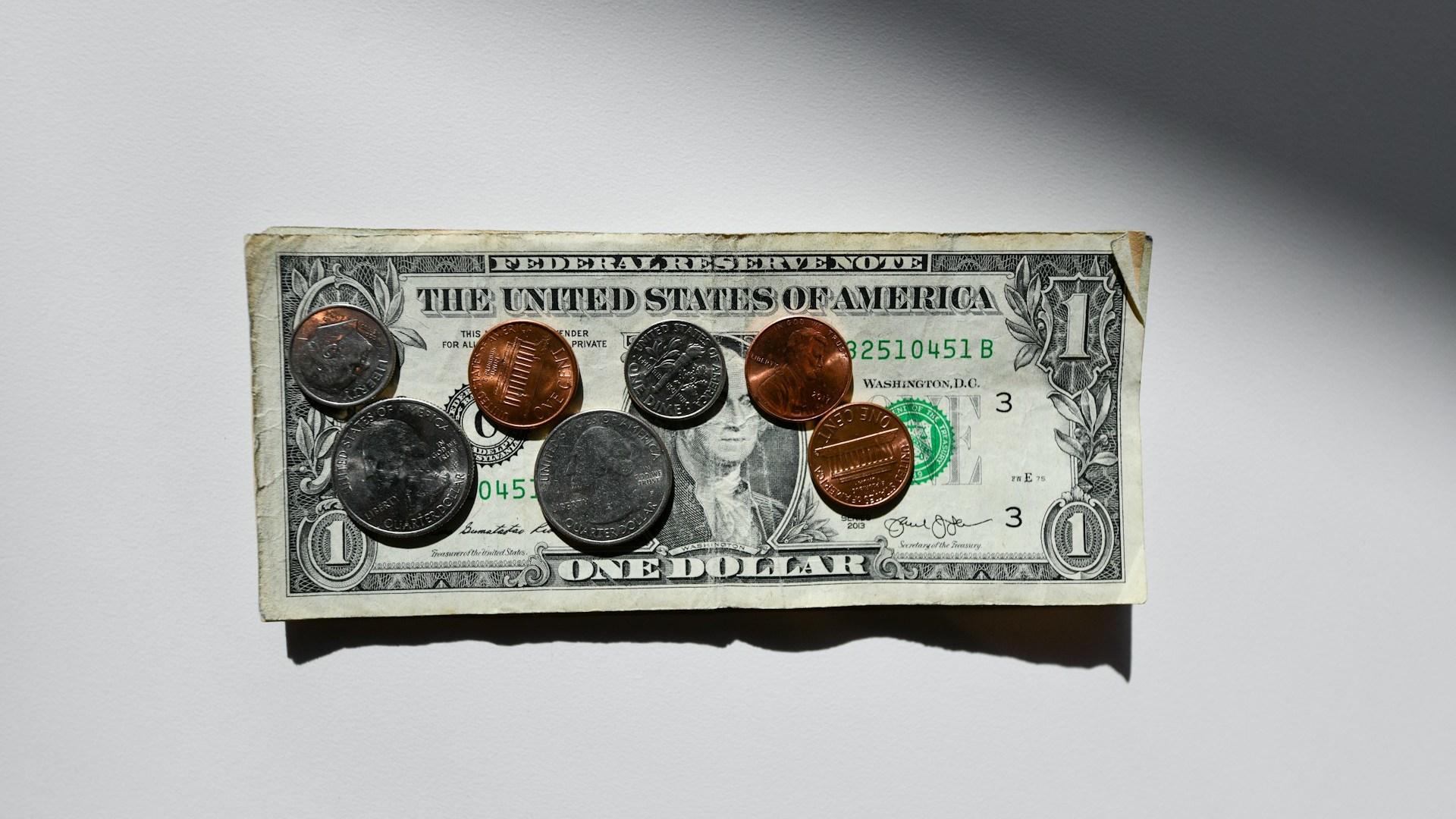
A financial literacy instructor at the University of Tennessee, Alex Beene, suggests that this challenges the narrative that US consumers were sold during the Covid-19 pandemic.
He says, to Newsweek: “Comments like this, despite their honesty, call into question the explanations Americans have been given for the last three years on inflation.”
‘Never Let a Crisis Go To Waste’

Beene admits that “supply chain issues, rising shipping costs, and increased wages certainly played their part,” but suggests that opportunism played a role.
He says that the “admission some prices were elevated simply because businesses knew they could” supports the argument that chains were price gouging.
Consumers Lack Choice Under Oligarchy
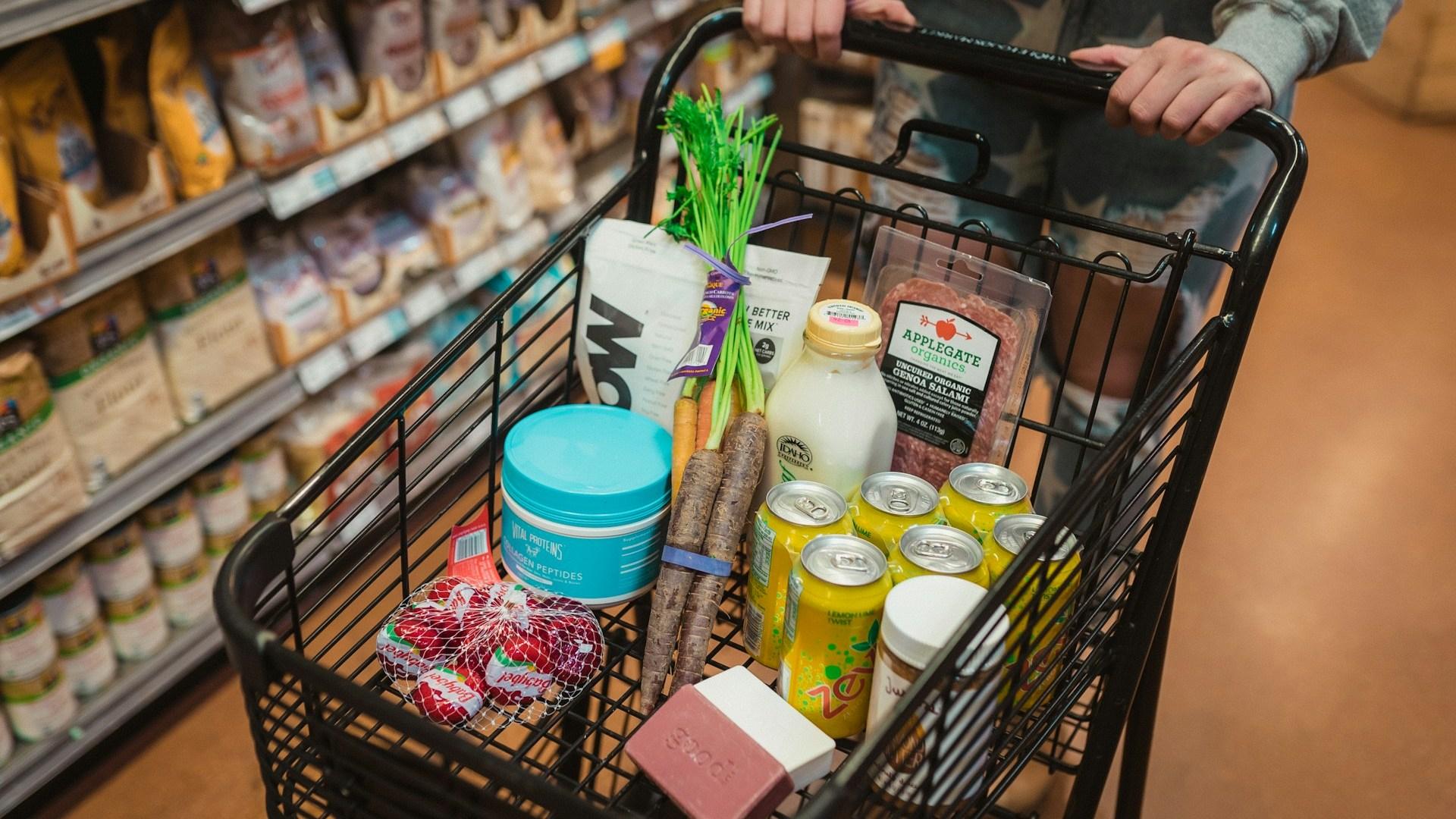
Kevin Thompson, CEO of financial planning company 9i Capital Group, says “diminished consumer choice” is altering the economic system.
His analysis was that “we’ve moved away from true capitalism towards an oligarchic structure with less competition and larger players dominating the market.”
Profits Over People
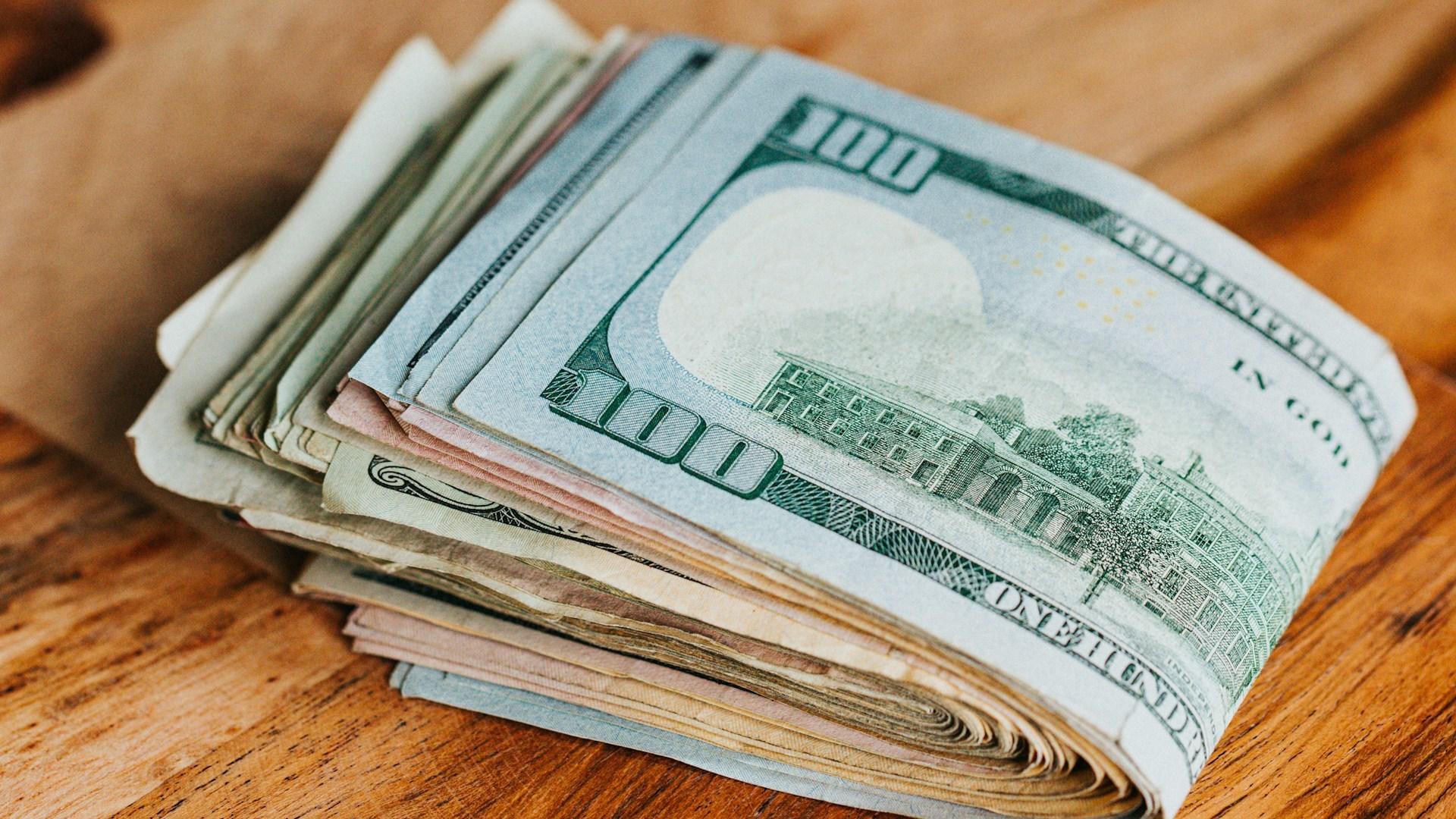
Thompson continued, saying that executives are incentivized to use questionably legal strategies to “maximize profits”.
“As executive compensation is often tied to stock price performance … executives push the boundaries of what’s legally permissible to boost returns.”
Hand in the Cookie Jar

Finance expert Michael Ryan used the cookie jar analogy, illustrating his belief that Groff’s admission as damning yet unrepentant.
“It’s like catching a kid with their hand in the cookie jar, and instead of denying it, they proudly announce, ‘Yep, I took ’em all,'” he said.
Not The Only Ones?
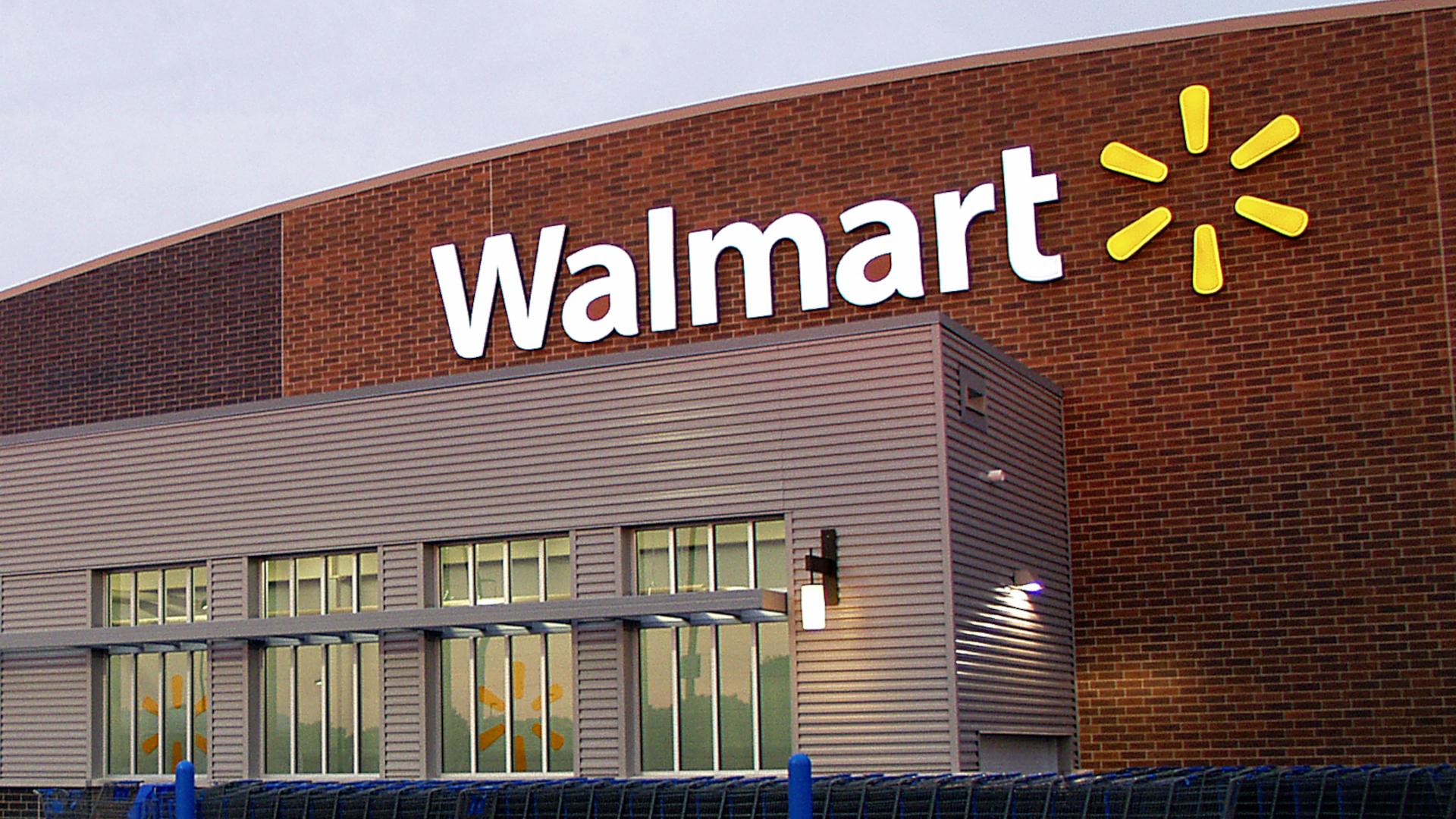
Ryan is dubious of the idea that Kroger are the only chain that took the opportunity to price gouge during the inflationary crisis.
He states: “Kroger’s not alone in this game. I’d bet my last dollar that other big players like Walmart and Publix are pulling similar stunts.”

